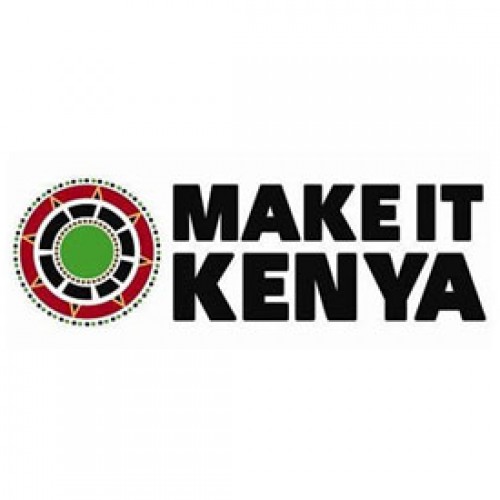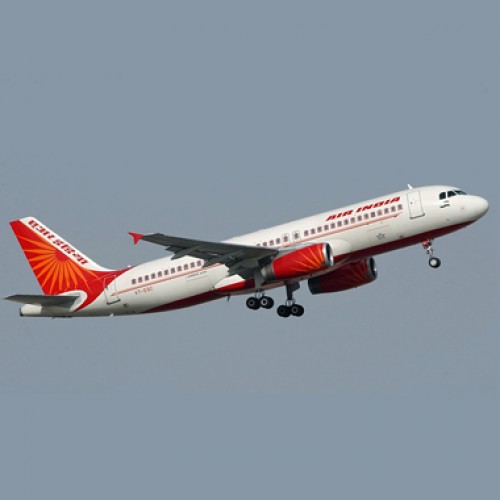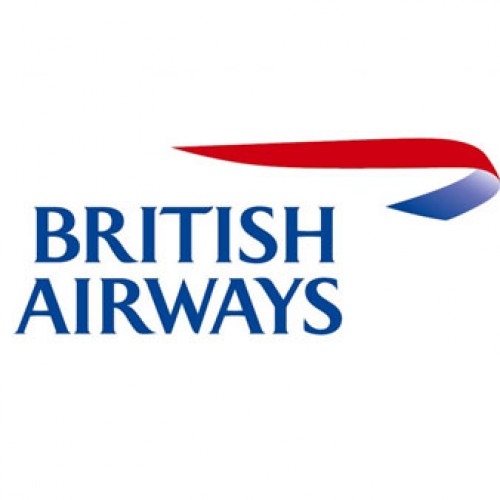New railway scheme to shorten wait lists, transfer passengers to alternative trains
Waitlisted passengers will get the choice of travelling on reserved berths in alternative trains on the same route from April, railway minister Suresh Prabhu announced yesterday.
Called Vikalp, or alternative train accommodation system (ATAS), the scheme will provide reserved berths or seats within 12 hours to passengers on the waiting list in another train bound for that destination. The change won’t entail any additional fare or charges. This is an attempt to settle a long-running grudge of millions of people that travel with the country’s largest public transporter.
But there is a caveat to the plan: alternative berths will depend on the availability of vacant seats in another train. In the overcrowded network, the possibility of finding reserved berths in alternative trains appears remote. Unconfirmed tickets have been a standard complaint of people seeking to travel with the railways, which carries 23 million passengers every day, a number equal to the population of Australia.
The scheme has additional flaws. A waitlisted passenger on the Delhi-Howrah Duronto with a travel time of 17.15 hours, for instance, might end up spending 41 hours for the journey if he is accommodated on the Delhi-Sealdah Express. Also, a passenger seeking to cancel his ticket on an alternative train will have to pay a steep charge. The cancellation fee for a confirmed booking, which is the case for a person getting accommodated on an alternative train, is much higher than the money deducted on a refund for a waitlisted ticket.
A railway official said Vikalp cannot address these problems entirely. “Smart traffic management plans can help, but unless infrastructural constraints are removed, lasting solutions cannot come.”
A reverse scenario can be possible too. Passengers can get lucky. Say, a wait-listed traveller on the Shaheed Express may find an alternative berth on the faster Duronto or Rajdhani trains. The latest move is aimed at optimizing utilisation of seats across all trains; thereby increasing earnings and reducing refunds on waitlisted tickets.
The railways run more than 12,000 passenger trains every day. But the loss-making network loses more money each time a train leaves the platform with a vacant seat. Since train tariff is heavily subsidized, just 27% of railway revenue comes from passenger tickets. The nationwide scheme will kick in from April 1 and will be available for those buying e-tickets to start with. But it will be extended to passenger reservation service (PRS) tickets as well.
The plan is available already on six routes, including Delhi-Lucknow, Delhi-Jammu and Delhi-Chennai.
News Source: www.hindustantimes.com
You might also like
President of Kenya launches new international brand campaign to support tourism drive
‘Make it Kenya’ to support Kenya’s position as a leading global tourism destination. The President of Kenya, His Excellency Uhuru Kenyatta, recently officially launched Make it Kenya, a new international
Air India likely to induct 34 planes in two years
As part of the international expansion plan, Air India plans to launch its flight services to Washington, Copenhagen, Toronto. National carrier Air India is likely to induct over 30 aircraft,
New Delhi welcomes British Airways’ new Boeing 787-9 Dreamliner
British Airways’ Robert Williams, head of sales for Asia-Pacific and Moran Birger, regional commercial manager for South Asia along with St. John Gould, director for UK Trade, Investment and Prosperity








